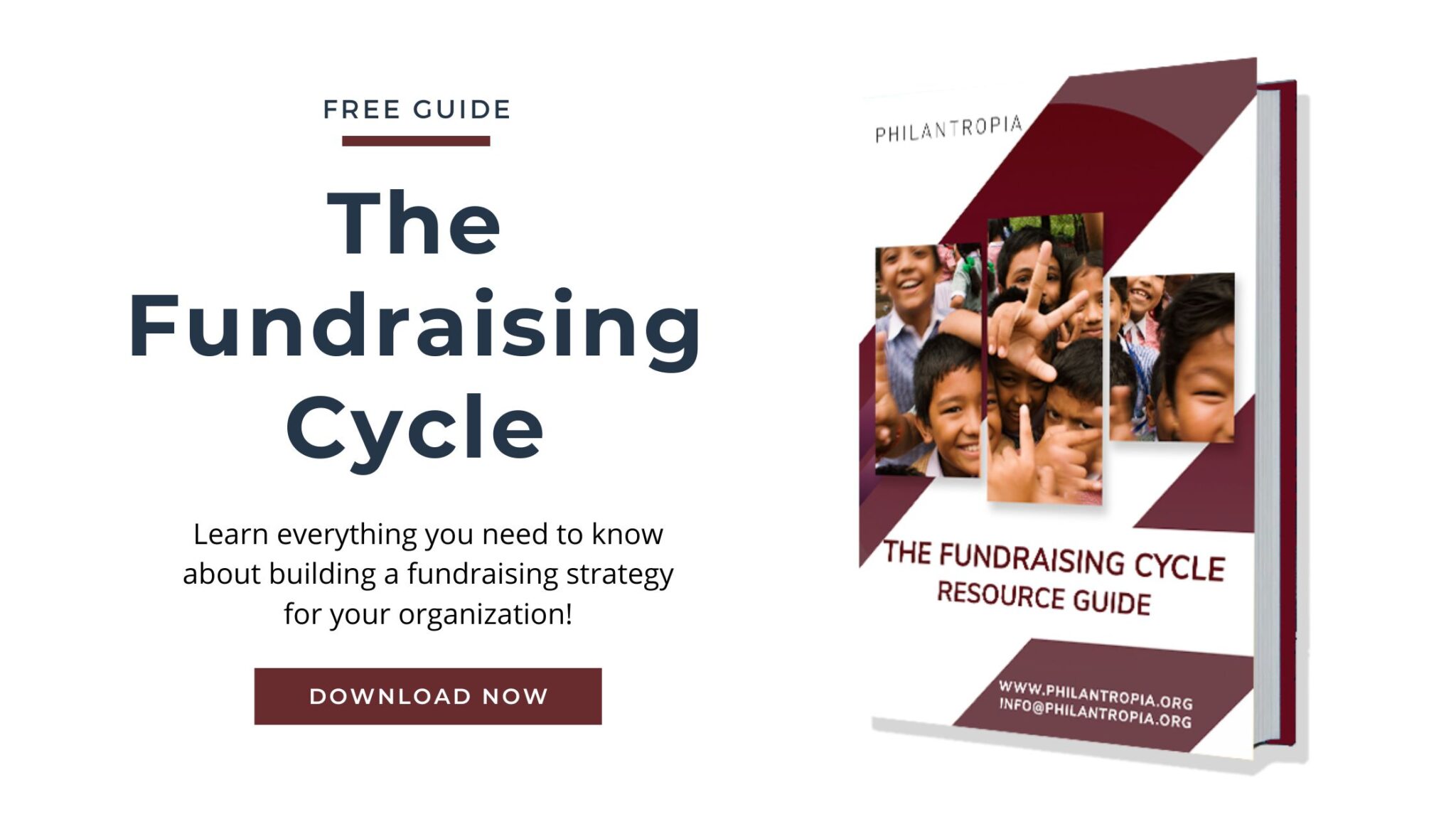Fundraising is not rocket science – but it does require persistence and organizational support. Even with a large fundraising budget, it is easy to make strategic mistakes. Here are some very common fundraising mistakes that even the largest aid organizations make.
No internal research
Before writing a proposal, most grant writers should know to research the donor, the project background, etc. But few take the time to research their own organization. Has your organization submitted an application to this donor in the past? It there anyone who has ever met with this donor before? Has your organization run similar projects in the past? Can previous M&E findings or case studies be used? Retaining institutional memory is difficult in organizations large and small, so spend some time researching your own organization early on.
Only fundraisers raise funds
Everyone in your organization should have some fundraising responsibilities. These should be written in each employee’s terms of reference when they are first hired. All staff should be held accountable to their resource mobilization goals, and hold regular meetings for status updates. While fundraising staff may be better at understanding donors or writing proposals, project staff better understand the project and the issues on the ground. Donors also typically prefer to talk or network directly with the people directly working on the project.
No easy access to old proposals
All of your organization’s applications – drafted or completed, successful or rejected – should be stored in an easily accessible online folder. This helps retain institutional memory, gives you a good understanding of your fundraising progress, and allows you to increase the quality of your applications over time. Providing easy access to old examples also benefits new staff and learn how to write, and also saves time for everyone so no one has to write a proposals from scratch.
Heavy reliance on a small number of donors
Retaining old donors is important and statistically easier than constantly looking for new donors, but it is important to diversify your organization’s income. Just because you have one or two reliable donor does not mean you should rest on your laurels – make the effort to look for new funding sources.
Stop fundraising after one success
Fundraising is a cycle that repeats itself, not a project which starts and stops. Even after you successfully win a grant, it is important to thank the donor, build your connections with them, and start research and outreach again. Fundraising is time-consuming work, so start early while you still have plenty of funding.





Yes it’s good but lack of research and proof how we write proposal
Hello Bikram,
It is true that many NGOs do not spend enough time doing the background research necessary to prove why their project is important. However, it is also a common criticism that other NGOs (most often INGOs) spend too much time on conducting research and attending conferences instead of direct project work. So I did not include the external research component in this article.
Later this week, we will publish a new article on using scientific case studies as evidence in proposals. So stay tuned!
Dear Alta,
I am Mike Gesa Munabi, the Founder & Chief Adviser at Students for Global Democracy Uganda, a student led Not-for-profit and non-partisan organization working on democratic and governance issues among the student community.
Thanks so much for sharing this important paramount information regarding fundraising mistakes we make. What key aspects should comprise a competent grant proposal?
Dear Mike: The key formula to any grant proposal is to follow the Guidelines of The Donor.
You can also download this grant proposal template for free to get more idea https://proposalsforngos.com/sample/grant-proposal-template-ngos/
Hope it helps!